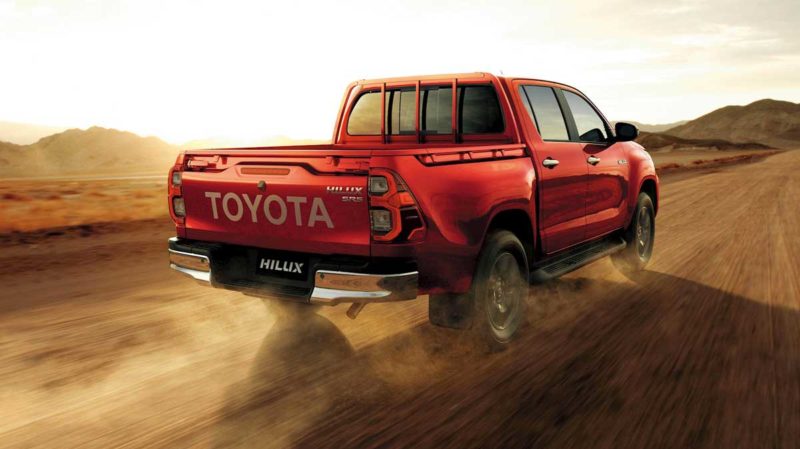Toyota’s rebranded Research Institute – Advanced Development, now living life as a fully fledged business under the name Woven Planet – has agreed to acquire Level 5, the self-driving division of ride-hailing company Lyft, in a deal said to be worth $US550 million ($A700 million).
Woven Planet’s acquisition of Level 5 brings to an end Lyft’s almost four-year effort to develop its own self-driving system, but serves also to bring together scientists, software engineers, and researchers from across Level 5, Woven Planet, and Toyota’s Research Institute.
As a result, Woven Planet says it will now boast a “dream team” of approximately 1,200 employees, representing “one of the most diverse, well-resourced and talented groups in this field” and boosting Toyota into the top echelons of companies vying to commercialise autonomous vehicle technology.
Further bolstering Woven Planet’s efforts are commercial agreements signed with Lyft for utilisation of its ride-hailing system and fleet data, which the company hopes will accelerate the safety and commercialisation of any future automated-driving technologies Woven Planet will develop.
The acquisition, which will see Lyft walk away with $US200 million paid upfront (subject to certain closing adjustments) and $US350 million of payments over a five-year period, for a total of $US550 million, is expected to close in the third quarter of 2021.
“Today’s announcement launches Lyft into the next phase of an incredible journey to bring our mission to life,” said Logan Green, Lyft co-founder and CEO.
“Lyft has spent nine years building a transportation network that is uniquely capable of scaling AVs. This partnership between Woven Planet and Lyft represents a major step forward for autonomous vehicle technology.”
Importantly, the commercial agreements signed between Lyft and Woven Planet are non-exclusive, meaning that previous agreements Lyft has signed will not be impacted.
This includes the agreement signed by Lyft with American autonomous vehicle company Motional back in March which was signed to begin building a fleet of driverless Hyundai IONIQ 5 EVs, which could hit select US cities as early as 2023.
Selling off Level 5 also means that Lyft will be able to unencumber itself from $US100 million of annualised non-GAAP operating expenses annually, allowing the company to accelerate back towards profitability while also enabling it to focus on its goal of ensuring that 100% of all vehicles driving on the Lyft platform are EVs by 2030.
“Not only will this transaction allow Lyft to focus on advancing our leading Autonomous platform and transportation network, this partnership will help pull in our profitability timeline,” another co-founder and company president John Zimmer said.
“Assuming the transaction closes within the expected timeframe and the COVID recovery continues, we are confident that we can achieve Adjusted EBITDA profitability in the third quarter of this year.”
For Woven Planet, which began business in January of this year, this acquisition will accelerate its ambition to revolutionise global mobility and realize its mission of “Mobility to Love, Safety to Live”.
“This acquisition assembles a dream team of world-class engineers and scientists to deliver safe mobility technology for the world,” said James Kuffner, CEO of Woven Planet.
“With the acquisition of Level 5, Woven Planet is driving towards its mission to combine the innovative culture of Silicon Valley with world-renowned Japanese craftsmanship to create the mobility solutions of the future,” added George Kellerman, head of investments & acquisitions for Woven Planet.
“We aim to become the centre of interconnected mobility systems, weaving together a variety of technologies and partnerships extending far beyond the automotive industry. This acquisition marks the first in a coordinated strategy to consolidate leading technologies and talent to help realize this vision.”
Joshua S. Hill is a Melbourne-based journalist who has been writing about climate change, clean technology, and electric vehicles for over 15 years. He has been reporting on electric vehicles and clean technologies for Renew Economy and The Driven since 2012. His preferred mode of transport is his feet.

